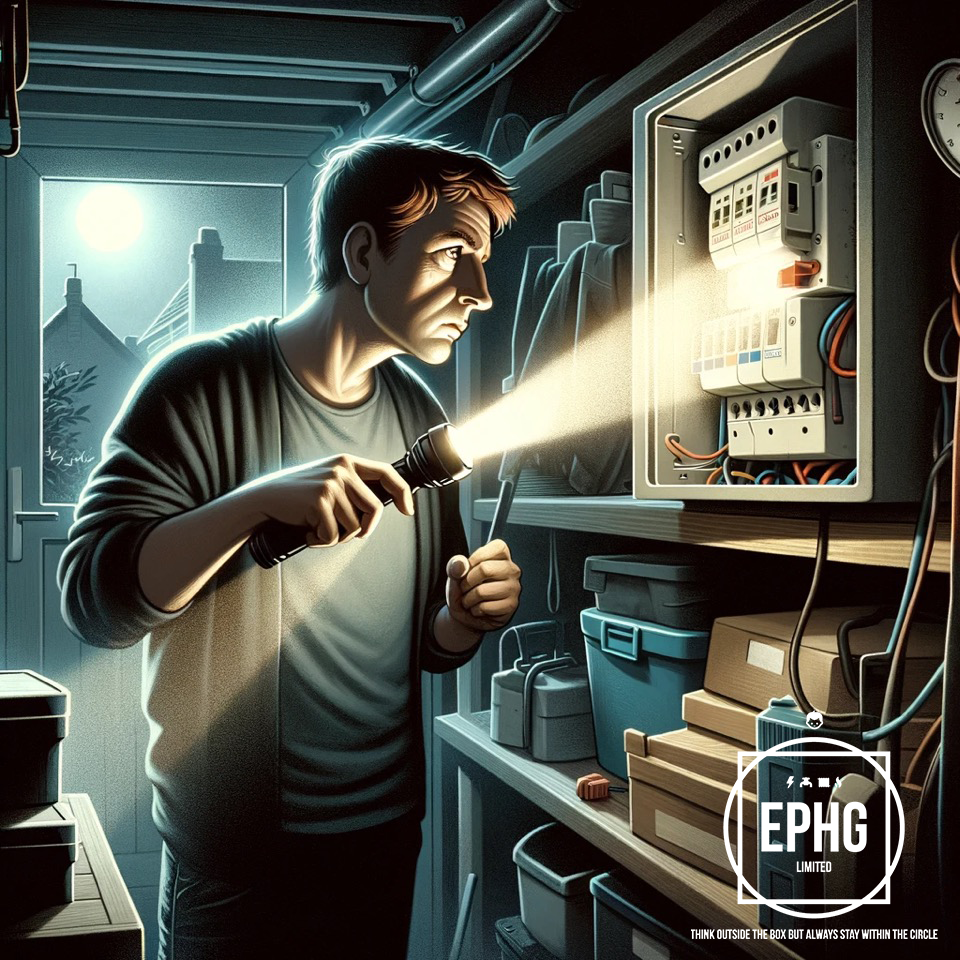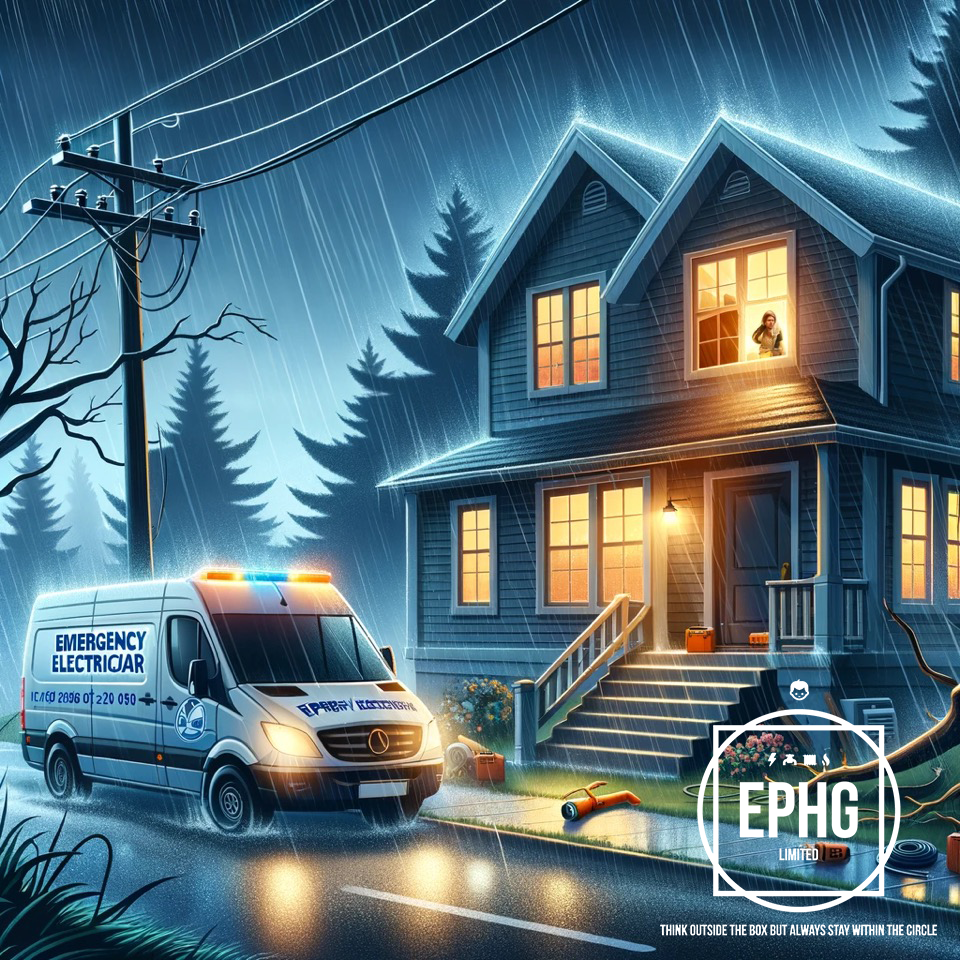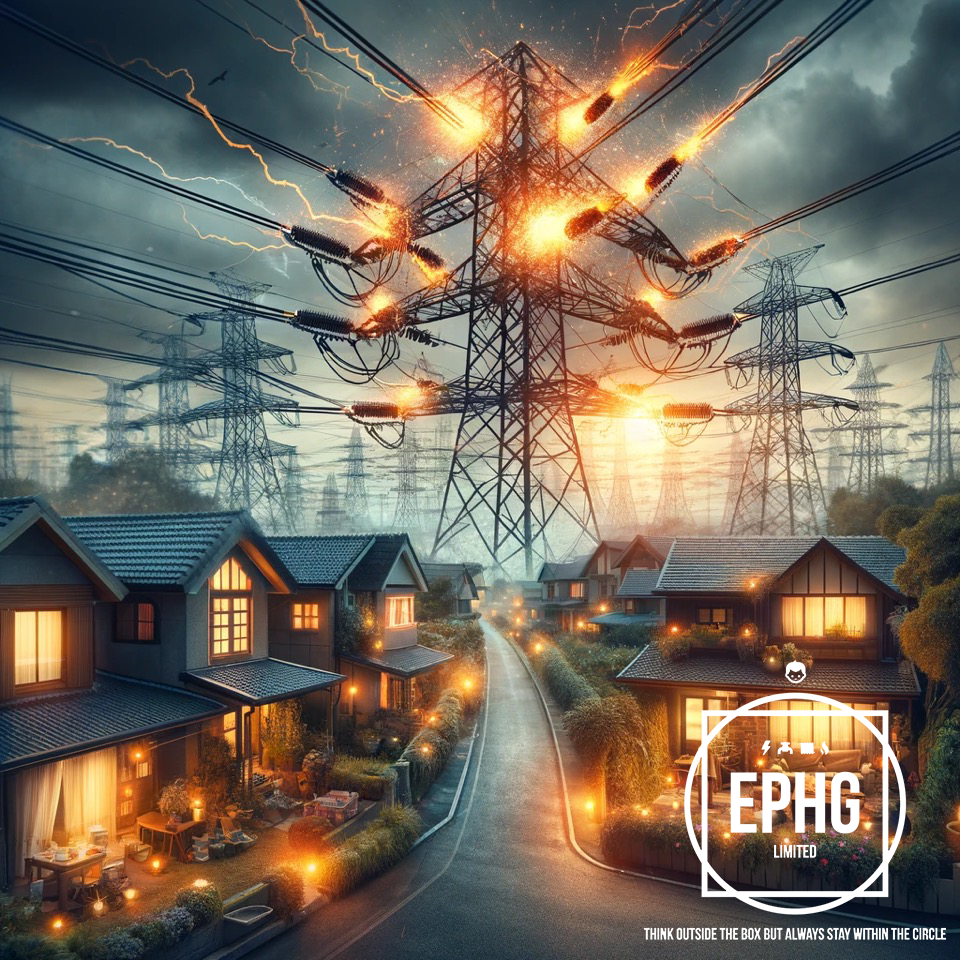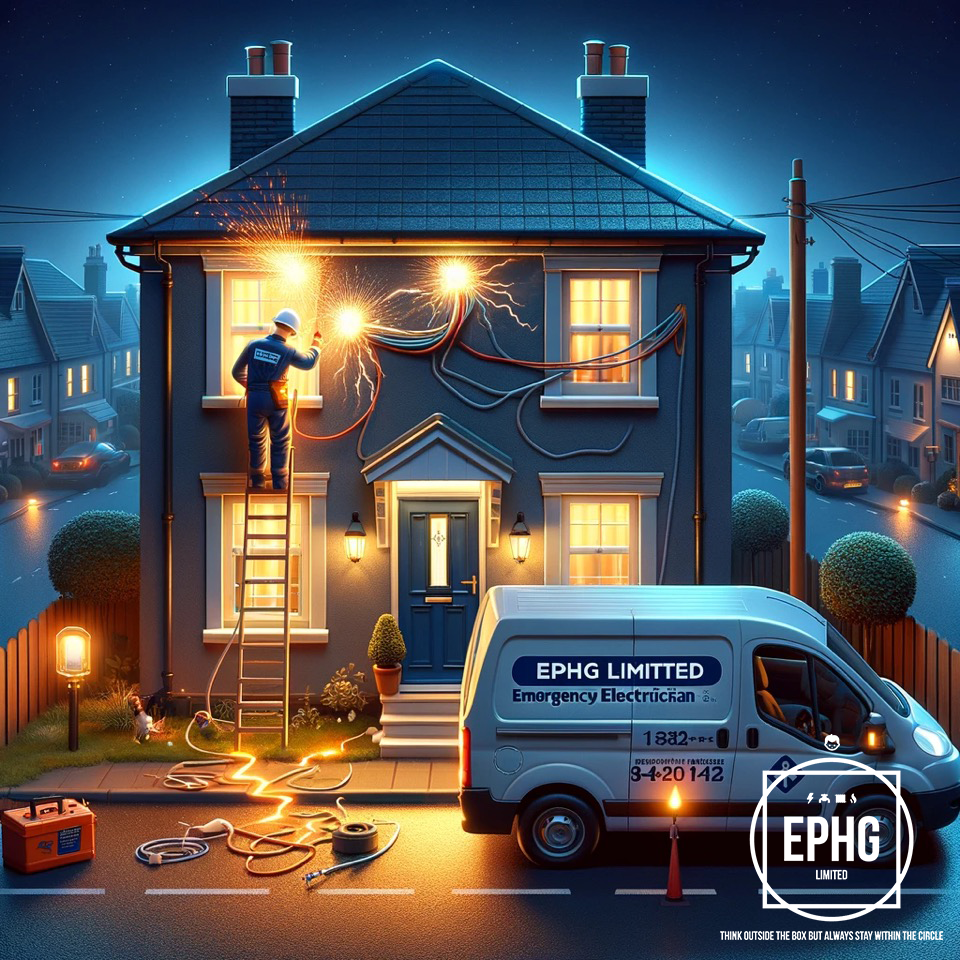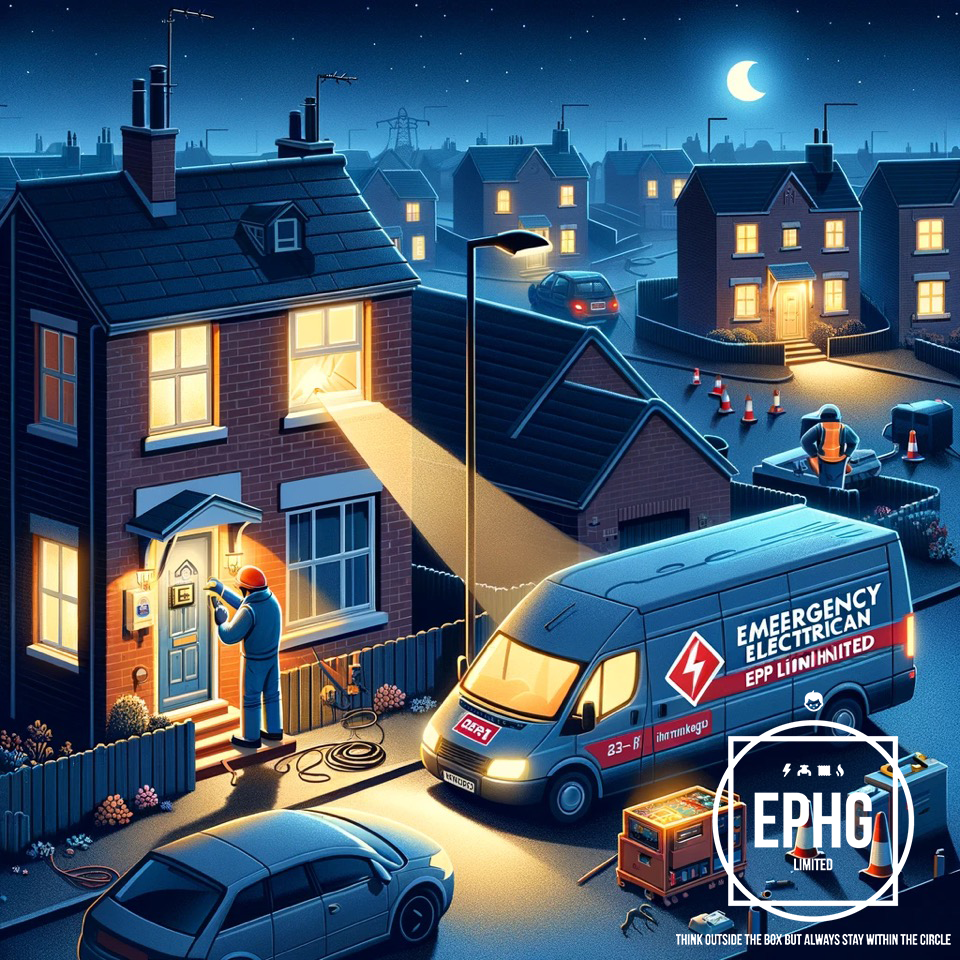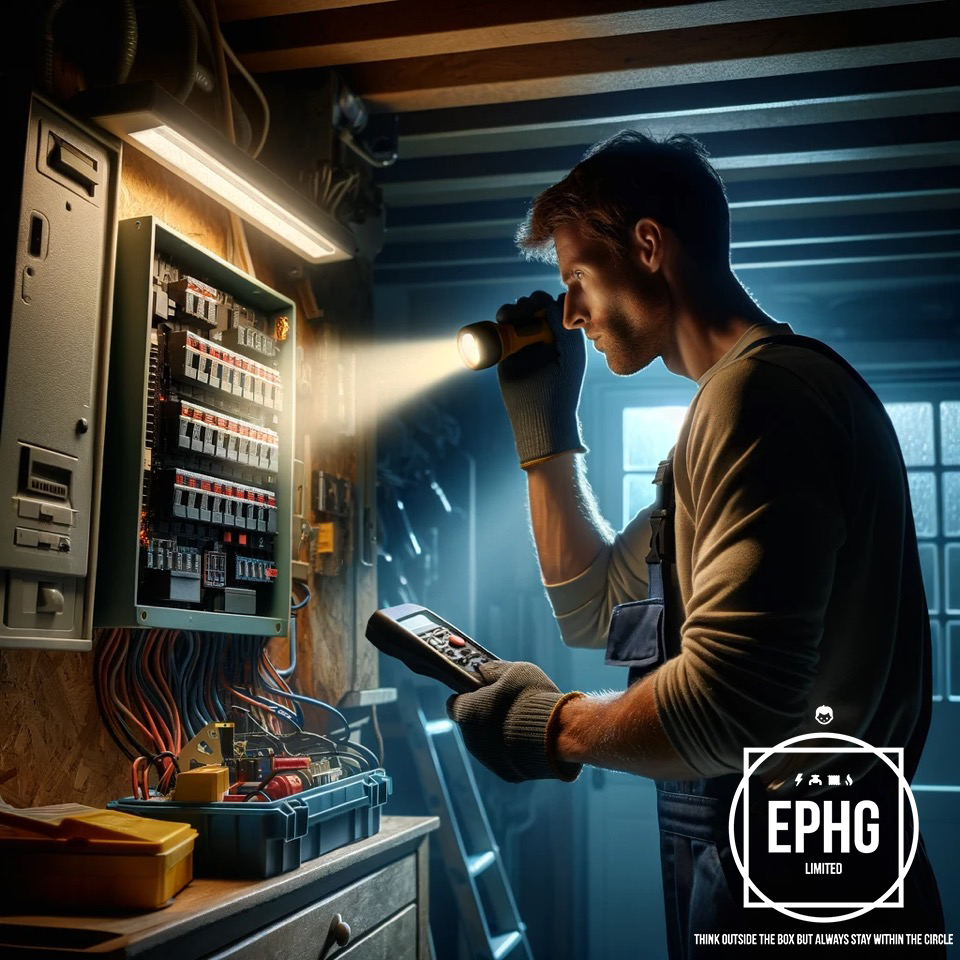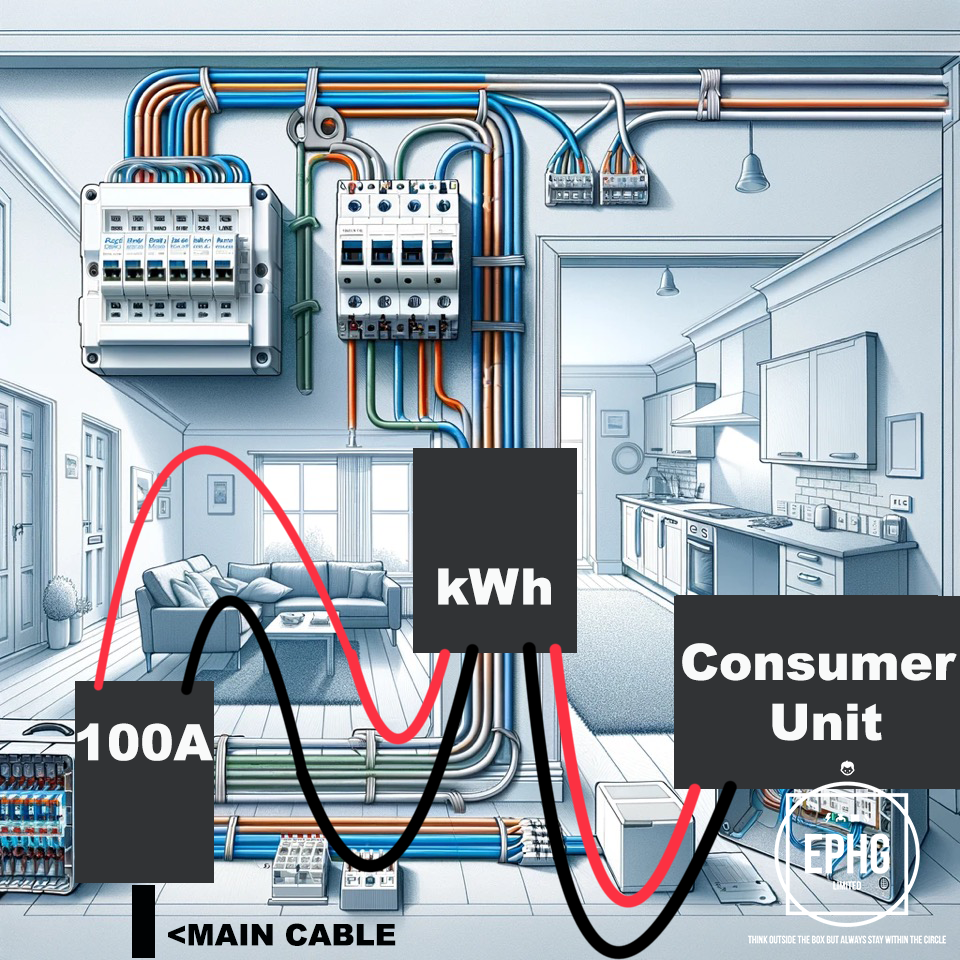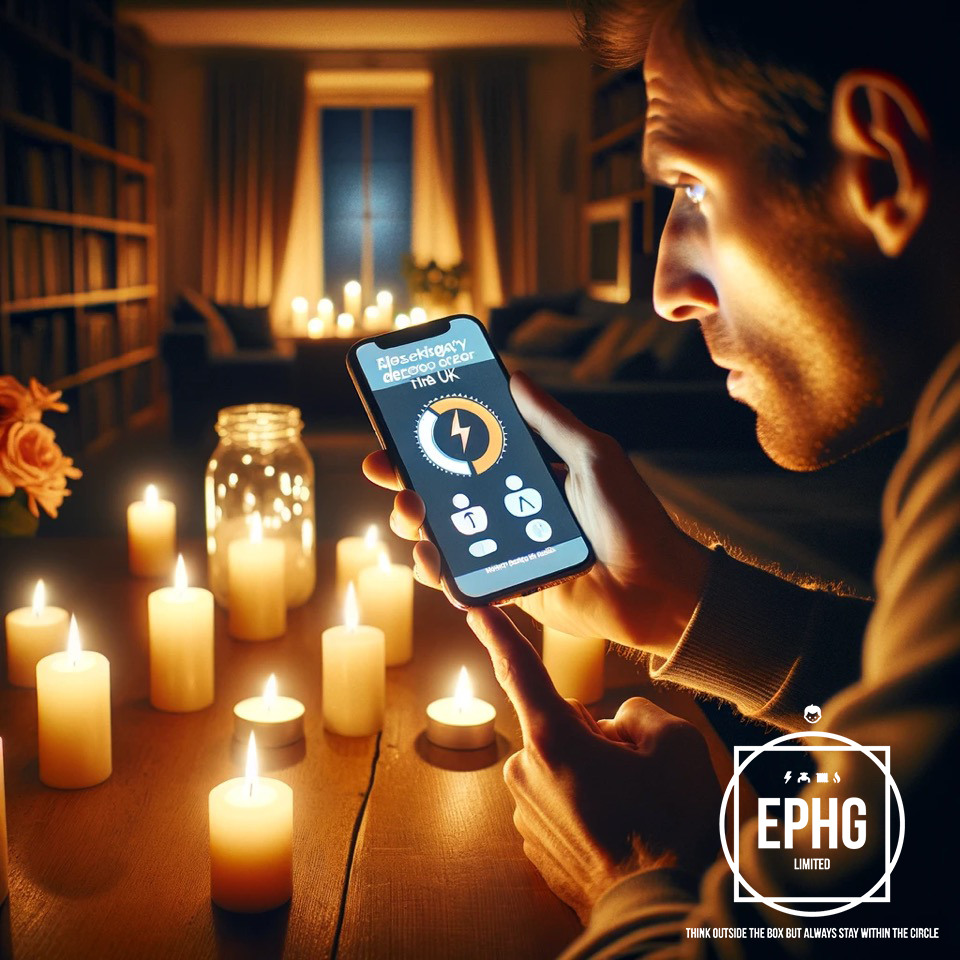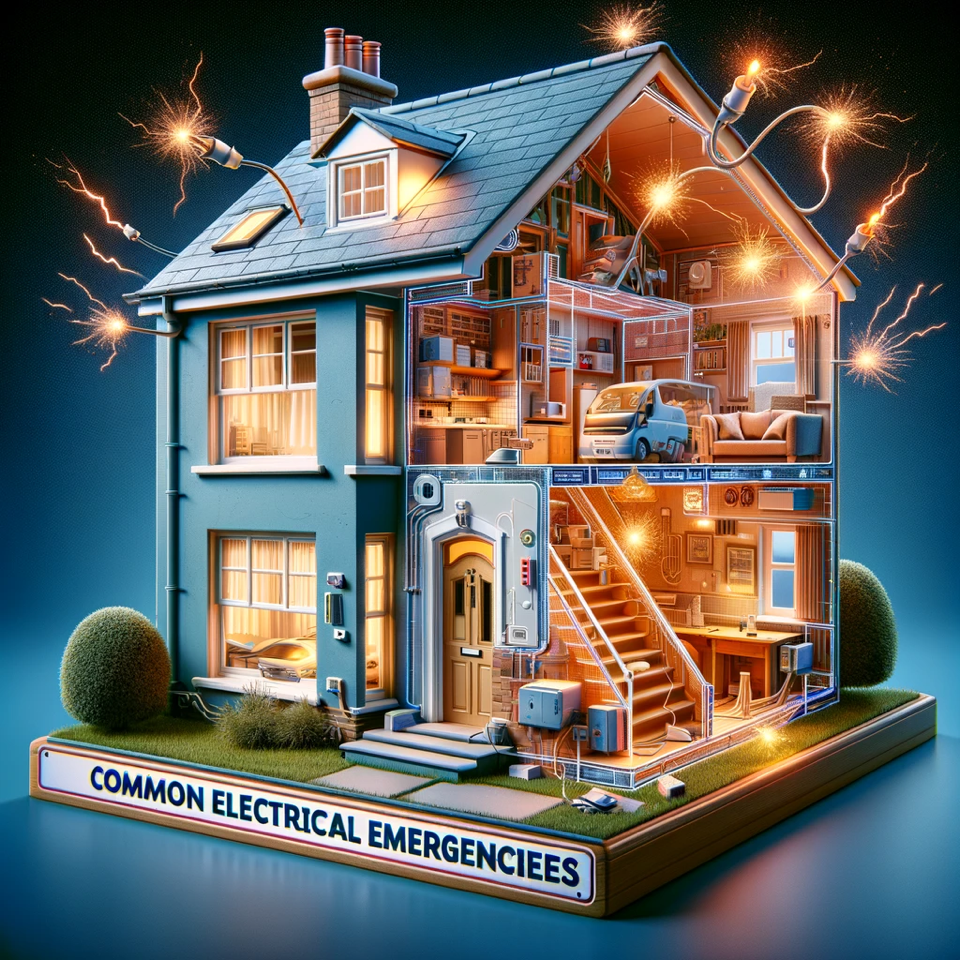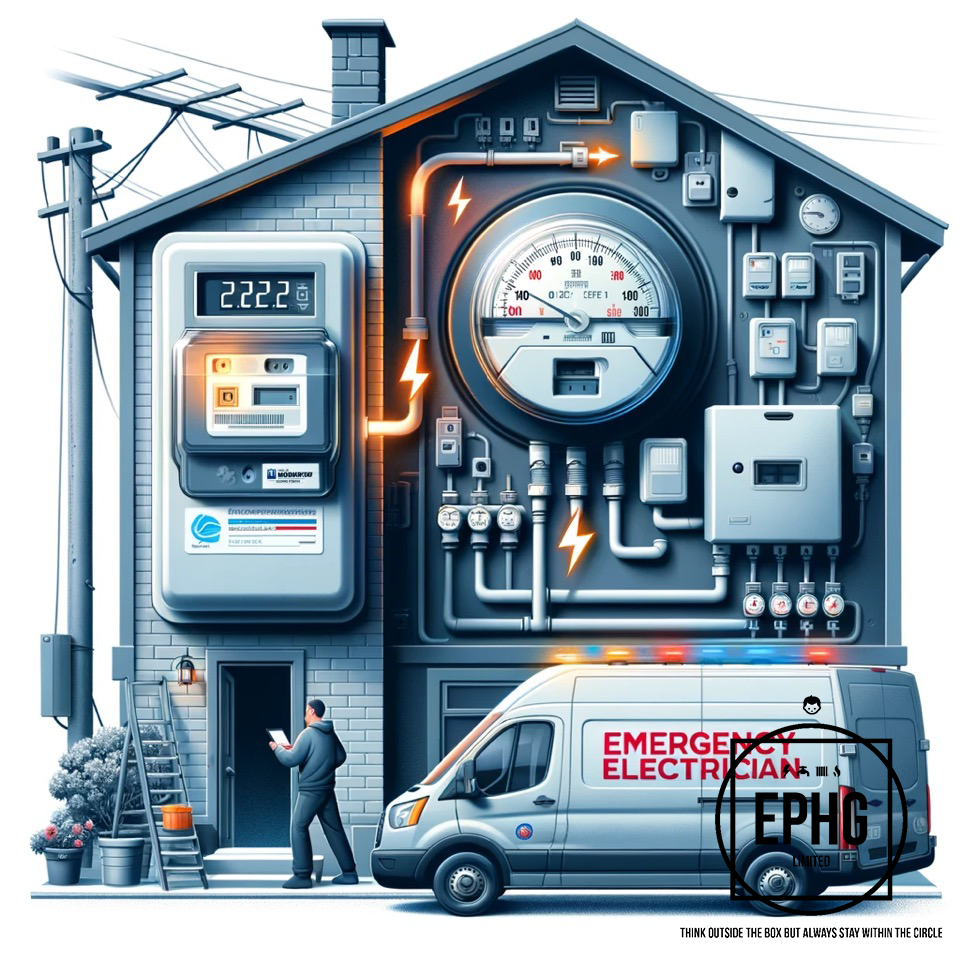

The Electric Meter: Bridging the Fuse Box and Consumer Unit, and Knowing Who to Call
In the intricate web of a home's electrical system, the electric meter is a pivotal device that sits between the fuse box fuse box and the consumer unit. It not only measures energy usage but also serves as a checkpoint for electricity flow into your home. Understanding the role of the electric meter, who is responsible for it, and whom to contact when issues arise is essential for homeowners. This article provides clarity on these points and discusses whether to call an emergency electrician or someone from the electrical board when you face meter-related problems.
Role of the Electric Meter
The electric meter is the utility company's way of monitoring and recording the amount of electric energy consumed by a household. Positioned after the main fuse box and before the consumer unit, it is the junction where the utility's responsibility ends and the homeowner's begins. The meter itself is owned by the utility company, which is responsible for ensuring its functionality and accuracy.
Who Is Responsible for the Electric Meter?
The electric meter is typically the property of the power company that supplies electricity to your home. They are responsible for the maintenance, repair, and replacement of the meter should it malfunction. This means that for any issues directly related to the meter itself, such as inaccuracies in recording consumption or hardware malfunctions, the power company is your go-to resource for resolutions.
When Something Goes Wrong: Whom to Call?
Understanding whom to call when you encounter an issue with your electric meter depends on the nature of the problem:
- Meter Faults or Failures: If you suspect that your electric meter is faulty, not recording properly, or has stopped working altogether, you should contact your electricity provider. They have the authority and capability to test, repair, or replace the meter as needed.
- Power Outages or Electrical Emergencies in Your Home: If you experience a power cut power cut or any other electrical emergency that is not directly related to the meter itself (such as issues with your internal wiring, consumer unit, or appliances), this is when an emergency electrician comes into play. Companies like EPHG Limited provide 24/7 emergency electrician services to handle such in-home electrical issues.
- Safety Concerns: If there are immediate safety concerns—like exposed wires, potential fire hazards, or any condition that poses a risk to the occupants—calling an emergency electrician is advised to address the situation quickly and safely.
Conclusion
The electric meter is a critical component of your home's electrical system, and knowing who is responsible for it is key. For meter-specific problems, your electricity provider is the appropriate contact. However, for internal electrical faults and emergencies within your home, an emergency electrician, such as those provided by EPHG Limited, should be your first call. By understanding these distinctions, homeowners can ensure a swift and effective response to any electrical issue they may encounter.
